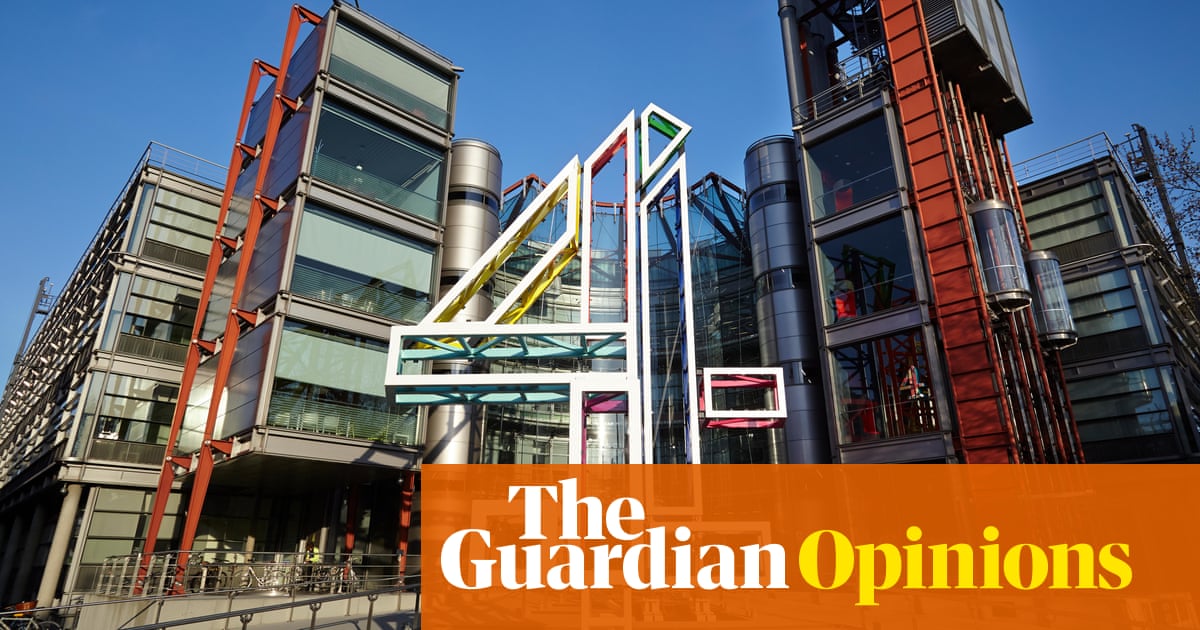
The proverb “Good fences make good neighbours” exists in quite a few cultures. However, the security fence along the border between Israel and the besieged Palestinian enclave of Gaza reminds me more of the resentment at this notion expressed by the American poet Robert Frost. In his 1914 poem “Mending Wall,” he challenged his neighbour’s assertion of the neighborly relations based on fences, and declared: “Something there is that doesn’t love a wall, / That wants it down.” There are about 1.8 million people in Gaza who can relate to this sentiment and who would dearly like to see Israel’s fence come down, and free them from the world’s biggest open-air prison .
There is a touch of irony mixed with painful tragedy that on the day Jewish people celebrated the first night of Passover, which commemorates the story of Exodus, the liberation of the Israelites from slavery, Israel killed 16 Palestinian protesters and wounded hundreds more. The killing continued last week. Israeli officials, including Prime Minister Benjamin Netanyahu, took their customary easy and routine route, blaming Hamas alone for organizing the protests as part of their terrorist agenda to destroy the Jewish state. While it is obvious that Hamas had an interest in confronting Israel’s military might and its role in Gaza, it would be simplistic to portray the 35,000 protesters as no more than Hamas pawns on the conflict’s chessboard. These tens of thousands of unarmed people did not march to confront one of the best armed and trained military forces in the world because they had been ordered to do so by their Hamas-controlled government. Those who marched on the last two Fridays did so as an expression of deep frustration at being hostages, one hastens to say victims, of the situation. They continue to experience a cruel blockade that is depriving them of their basic human rights and necessities. They have been on the receiving end of Israel’s indiscriminate use of force in several rounds of hostilities over the past decade alone. For more than 11 years they have been subjected to oppression by their own Hamas-led government; by a Palestinian Authority that in its rivalry with Hamas is ready to sacrifice their well-being; and by an international community that continues to sit on the fence as far as the Israeli–Palestinian conflict is concerned, and is clearly unwilling to invest any political capital in resolving it, or at least in alleviating the suffering of the people of Gaza.
Under these circumstances, the real question that the Israeli government should ask itself is this: Why are only a small fraction of Gaza’s Palestinians protesting and trying to break free? Israel, and Egypt too, can count themselves fortunate not to see hundreds of thousands of Gazans attempting to bring the fences down. Gaza is one of the most densely populated areas in the world, where two thirds of its inhabitants — about 1.2 million people — are refugees, many descendants of the original 1948 refugees who fled the horror of war or were forced out of their towns and villages by the Israeli military. They have to rely on UNWRA, a UN agency in charge of their well-being which does exceptional work under almost impossible circumstances, including constant threats to cut its already paltry budget, as it attempts to foster employment, shelter, education and health. High levels of unemployment and poverty, an acute water and sanitation crisis, and no more than a few hours’ daily access to electricity, are a recipe for humanitarian disaster and resistance. For Gazans, the lack of any political horizon in terms of a peace agreement with Israel that would bring an end to the conflict, along with the fact of being ruled by a government that has long lost its legitimacy — there have been no elections in more than ten years — can only brew further resentment and radicalisation. Worst of all, perhaps, are the claustrophobic conditions of not being able to travel in and out of the Strip, for work, business, leisure or even medical treatment. This appalling situation has led to the emergence of a young generation of leaders and new political forces that aspire to make a difference, and the “March of Return” is an expression of this.
The real question that the Israeli government should ask itself is this: Why are only a small fraction of Gaza’s Palestinians protesting and trying to break free? Israel, and Egypt too, can count themselves fortunate not to see hundreds of thousands of Gazans attempting to bring the fences down.
Yossi Mekelberg
The marches are organised by different factions in the Gaza Strip, and the dates chosen are neither random nor arbitrary. The first march was to mark Land Day in 1976, which became a symbol of the expropriation of Palestinian land within the state of Israel. It was also the beginning of a series of “Marches of Return” demonstrations that will take place until May 15, which is the day that Palestinians commemorate the Nakba (catastrophe) of the 1948 war. With all these events they are expressing their right to return to their homes, which is enshrined in international law and UN resolutions. These are legitimate demonstrations, expressing legitimate aspirations, even if most participants know and understand that any peace agreement, acceptable to both sides, would not entail a full return of the refugees to their places of origin.
What can never be legitimate and is clearly unlawful is the use of live ammunition against unarmed people who pose no threat, and at most are causing a serious disturbance. Rather than strength and deterrence, Israel’s response to the demonstrations smacks to me of fear mixed with callousness. No bullets will ever solve the situation in Gaza; they will only exacerbate it. Such killings merely create more martyrs and make the hopelessness even more demonstrable. Before the marches the situation was already enormously volatile; with more killings it could become extremely explosive. Israel may gain some time by using force, but without an improvement in living conditions in Gaza, without a political solution, and without the fulfilment of its inhabitants’ human rights and political aspirations, Israel may find that those who marched in these first demonstrations are setting an example for many thousands more to follow, creating a scenario that in the end it will have no answer for.
Yossi Mekelberg is professor of international relations at Regent’s University London, where he is head of the International Relations and Social Sciences Program. He is also an associate fellow of the MENA Program at Chatham House. He is a regular contributor to the international written and electronic media. Twitter: @YMekelberg












